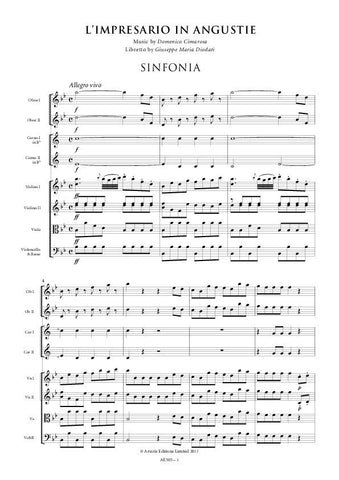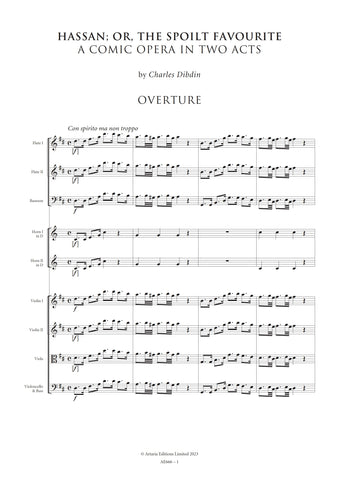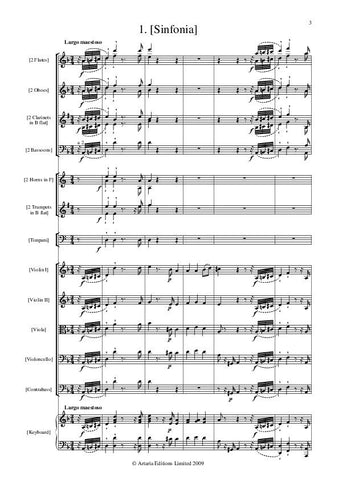Details | The present edition of Polly is reconstructed from Houghton fMS Mus 97, a set of orchestral parts bound in seven volumes consisting of oboe 1/flute 1, oboe 2/flute 2 (flute parts were undoubtedly played by the oboists); horn 1, horn 2; violin 1 (two copies); violin 2 (two copies); viola; cello and double bass, bassoon; keyboard-vocal score. Most of this score is in the hand of a neat, but unidentified copyist, with a few revisions by Arnold (listed in the concordance); the overture and dances are in different hands (however, Arnold wrote out one of the violin 2 parts of the overture). The manuscript is complicated by the numerous cuts and changes dictated by Colman who continuously revised scenes even once they had been set by Arnold; these are indicated generally by pasted blank slips, sometimes by ink cancellation or modification, or sew-overs. As an example of the kinds of revisions Colman made, one may note the newlycomposed music cut from act 3: Colman in one instance pulls an entire conversation between Ducat and Pohetohee, ruling out Ducat's air "What man can virtue or courage repose" and he shortens a meditation by Ducat to do without the song "I hate the foolish elf "; Polly and Cawwawkee's duet of reunion is removed to strengthen the focus of this scene on Morano and his defiant song "The soldiers, who, by trade must dare." The manuscript is further confused by mark-ups for the 1782 performances and also Michael Kelly's revival of the opera at Drury Lane on 16 June 1813 (but in the end Kelly replaced Arnold's score with his own music and an entirely new range of borrowings from Handel, Thomas Arne, Shield, Cimarosa, Pietro Guglielmi, John Parry, and Peter Winter). This score almost certainly represents the opera as performed in 1777; the last-minute cuts of Arnold's newly-composed items are preserved in an appendix. In establishing the text, the style and notation of articulation and dynamic markings have been standardized throughout, and, where missing from the parts, reconstructed from parallel passages; these are indicated by the use of dotted slurs or brackets. The notation of appoggiature has been regularized and obvious wrong notes have been corrected without comment. Editorial emendations with no authority from the source are placed within brackets; these include some additional tempo markings in the overture, taken from Thomas Arne's version of The Beggar's Opera published by Straight & Skillern in 1769. The text of Polly prepared for this volume primarily follows the edition published by Thomas Evans in 1777, incorporating, by reference to the annotated prompt copy, a revised paragraph introducing Polly's first song in act 3. Musical attributions preserve the findings established in the concordance. Song-texts sometimes adopt variant readings accepted from other source texts, but only the act 2 finale, which adopts the authority of Arnold's score, differs from the 1777 libretto in any significant respect. A small number of other errors deriving from the printer have been silently corrected. For source information on Samuel Arnold, see Robert Hoskins, The Theater Music of Samuel Arnold: A Thematic Index (Warren, Michigan: Harmonie Park Press, 1998). Other useful references include Artaria Editions AE088 ( Overture to 'Polly' ), Jeremy Barlow's performing edition of The Beggar's Opera (Oxford and New York: Oxford University Press, 1990), Dianne Dugaw, Warrrior Women and Popular Balladry , 1650-1850 (Cambridge: Cambridge University Press, 1989) especially "The Female Warrior, Gay's Polly , and the heroic ideal" (chapter 8, pp.191-211), and three articles, namely: L.W. Conolly "Anna Margaretta Larpent, The Duchess of Queensberry and Gay's Polly in 1777", Philological Quarterly 51 (1972), 955-57; Joan Hildreth Owen "Polly and the Choice of Virtue," Bulletin of the New York Public Library 77 (1974), 383-406; A.H.E. Swain, "The Airs and Tunes of John Gay's Polly ," Anglia 60 (1936), 403-22. Robert Hoskins |



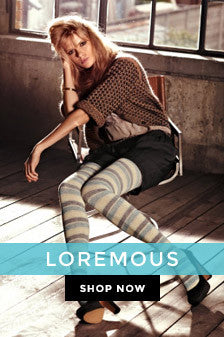
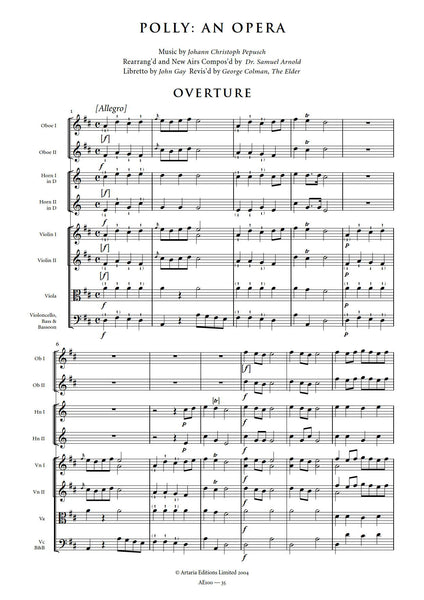
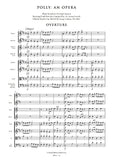
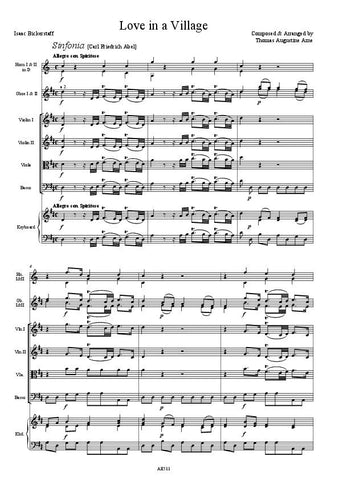

![Arnold, Samuel: Polly [Vocal Score] (AE100/VR)](http://www.artaria.com/cdn/shop/products/AE100_Vocal_Score_A4_1_large.jpg?v=1571438515)
